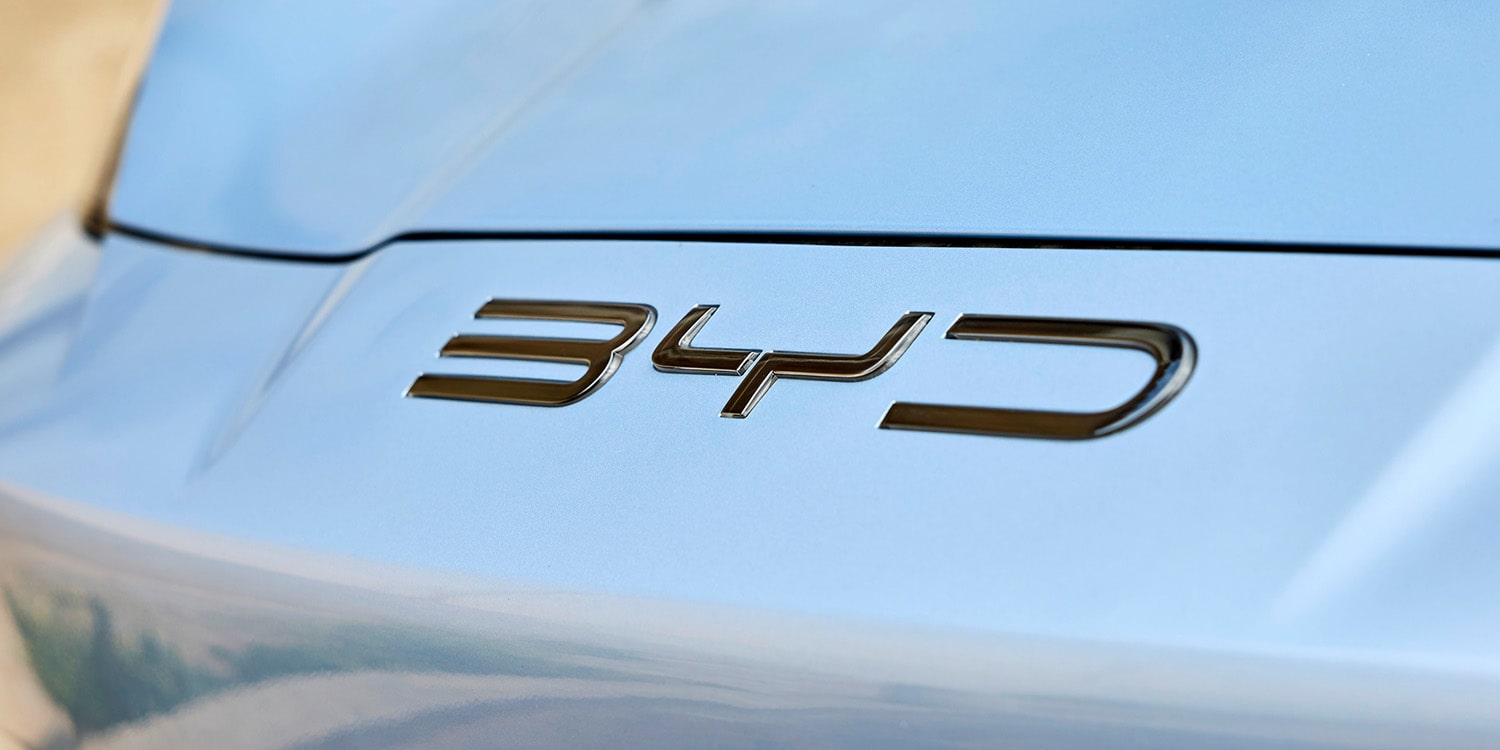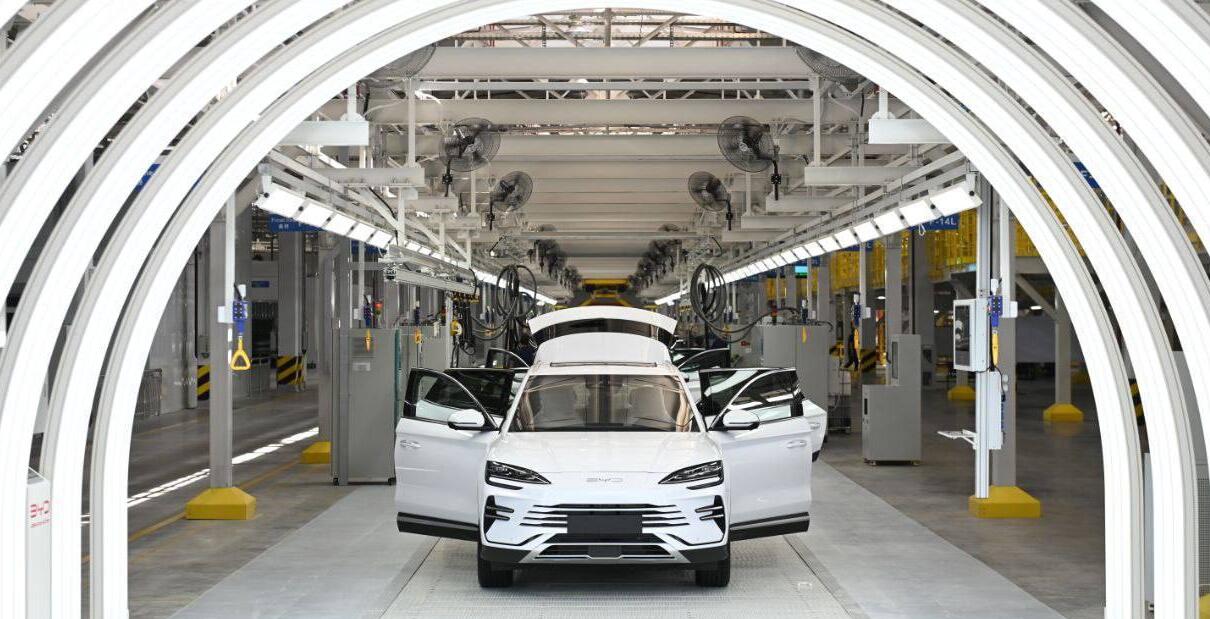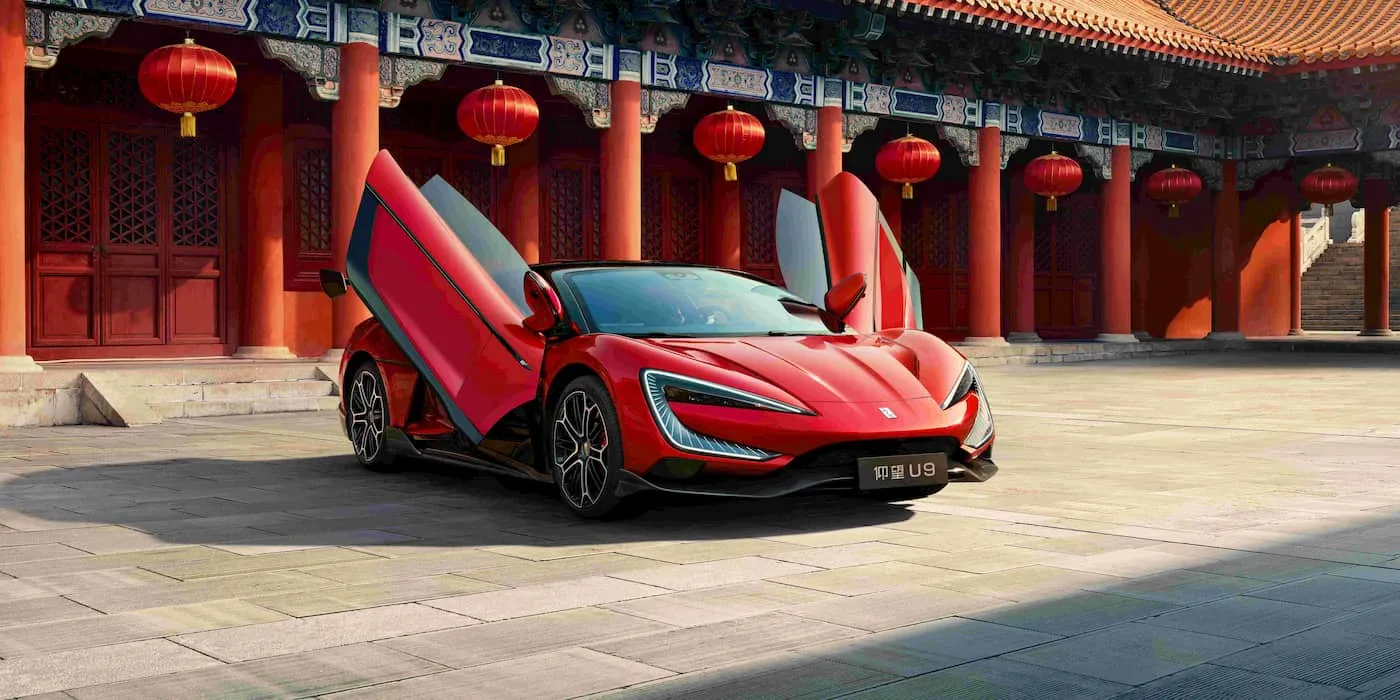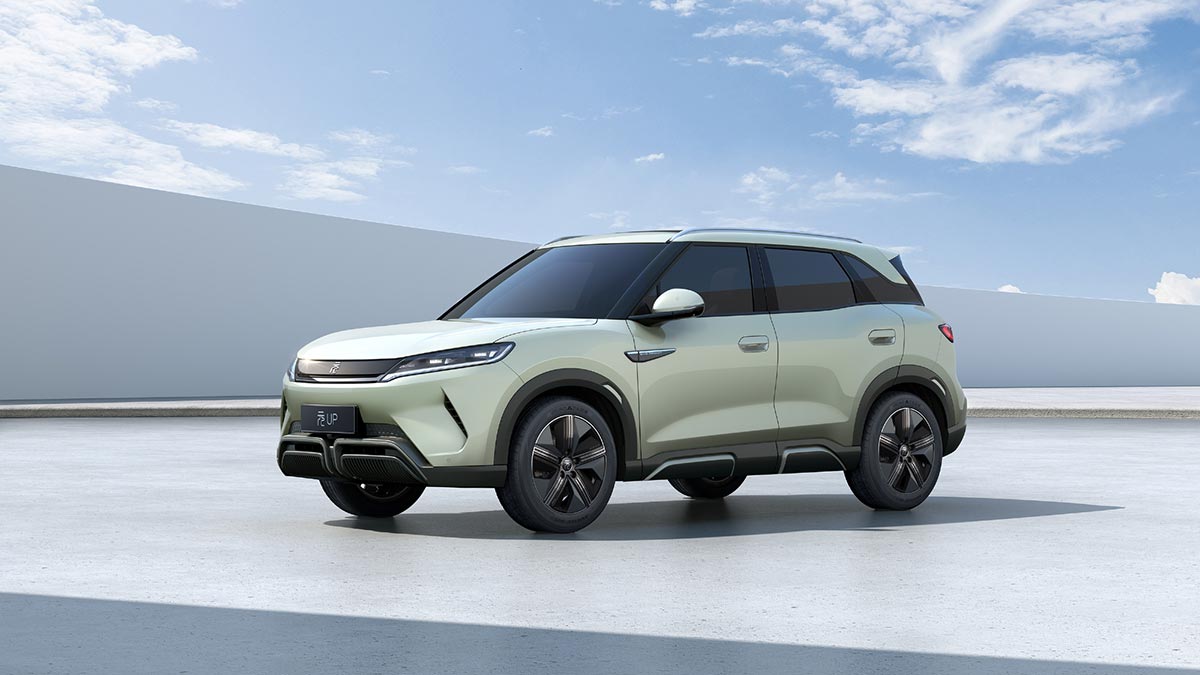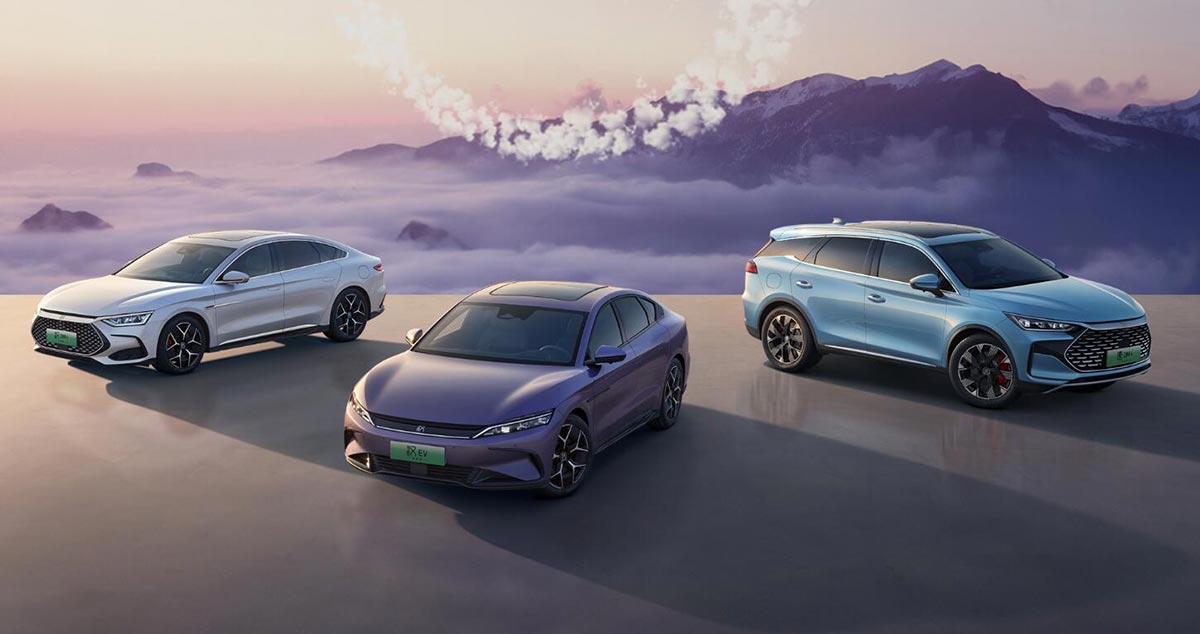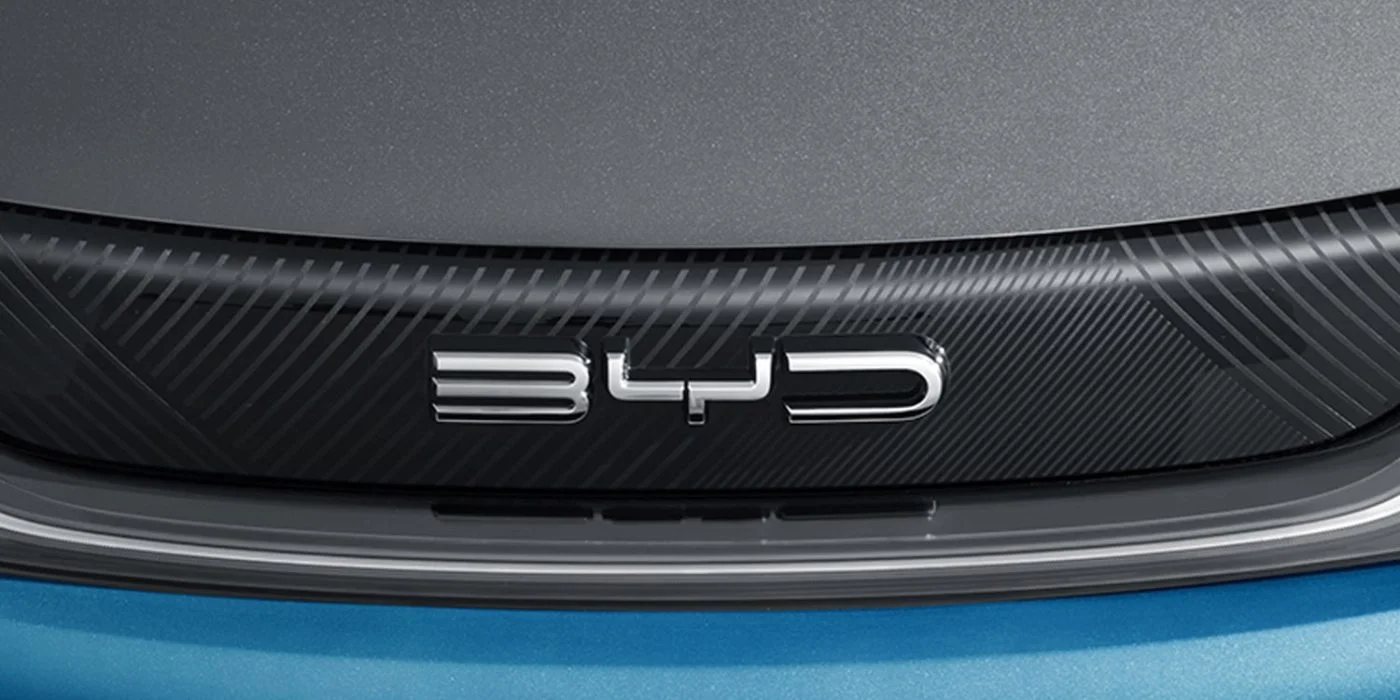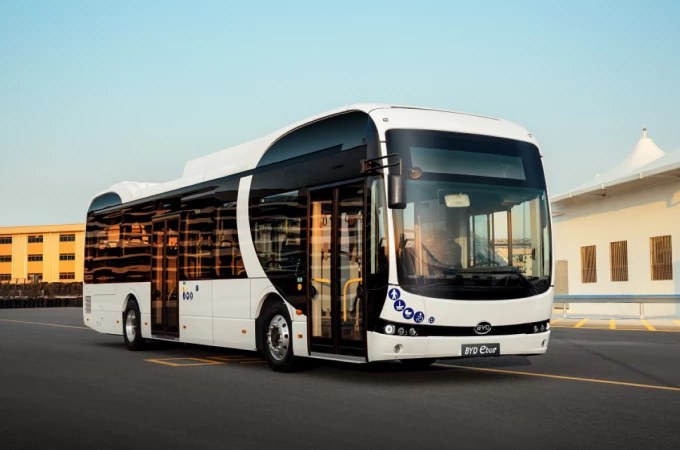Berkshire Hathaway, led by renowned US investor Warren Buffett, has continued to trim its holdings in Chinese electric vehicle maker BYD, reducing its latest stake to less than 6 percent.
According to a filing with the Hong Kong Stock Exchange, Berkshire further reduced its holdings in BYD H-shares on June 19, dropping its stake from 6.18 percent to 5.99 percent. The company sold 2,017,500 BYD shares in its latest move at an average price of HK$234.57, cashing out HK$470 million ($60 million).
See also: BYD Expands Car Insurance Business in China, Targeting 7 Major Provinces
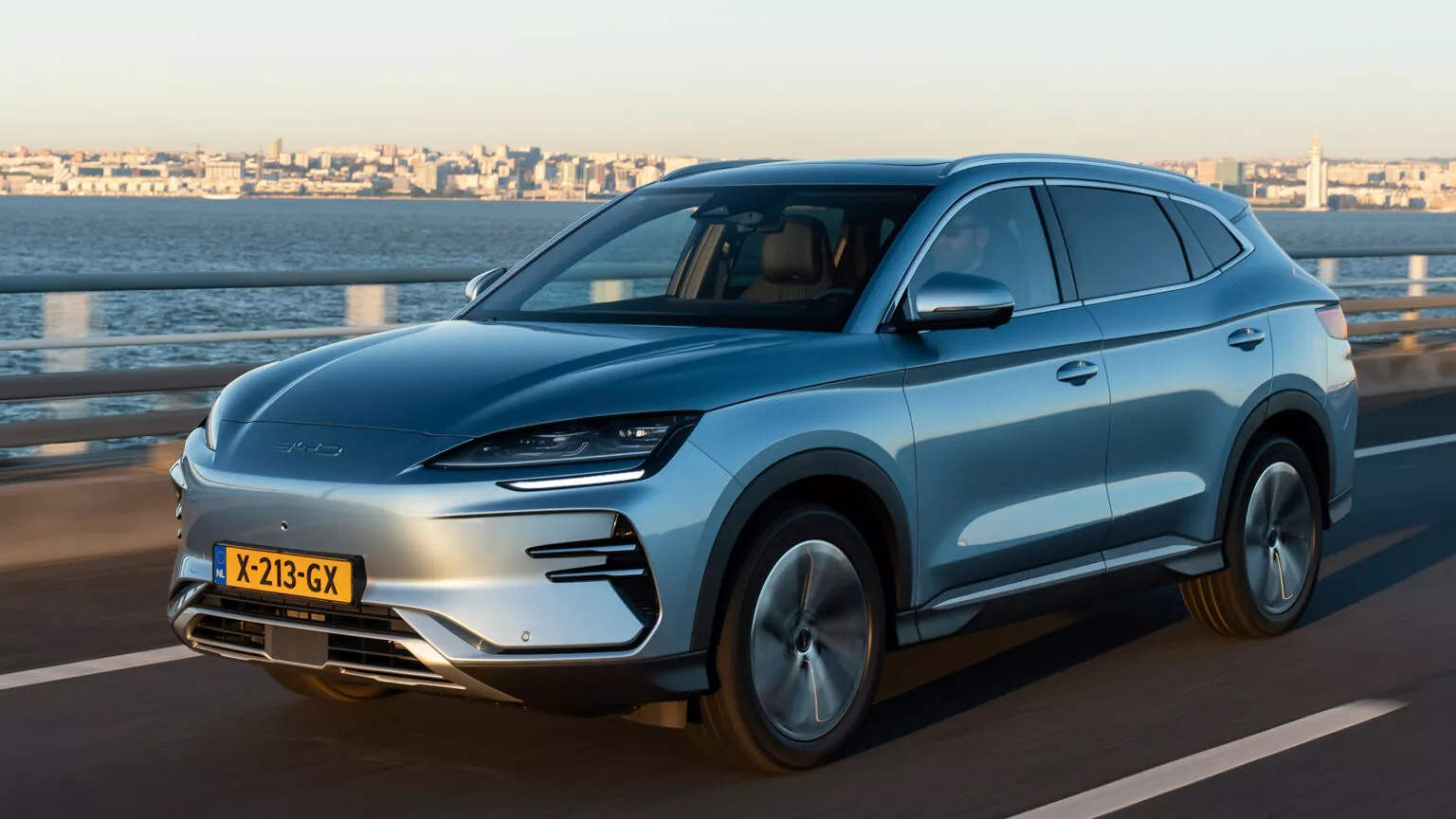
This marks the second time this month that Berkshire has disclosed a reduction in its BYD stock. On June 11, Berkshire reduced its position in BYD by 1,347,500 shares, from 7.02 percent to 6.9 percent, at an average price per share of HK$230.46, cashing out about HK$310 million.
Asked to comment on the reduction on June 11, BYD sources said the company was in good shape, with sales and profits maintaining growth, according to local media reports earlier this month.
See also: BYD Finalizes Plans to Enter South Korean Passenger EV Market with Three Models

Berkshire Hathaway Energy, in which Berkshire holds a 91.1 percent stake, initially invested $230 million to buy 225 million shares of BYD at HK$8 per share on September 29, 2008. After that date, Berkshire’s holdings in BYD remained unchanged until about two years ago.
On August 24, 2022, Berkshire sold 1.33 million BYD shares traded in Hong Kong, reducing its stake from 20.04 percent to 19.92 percent, marking the first reduction since Buffett purchased BYD shares.
See also: BYD Revamps Smart Driving Teams to Ramp Up Investment in Technology
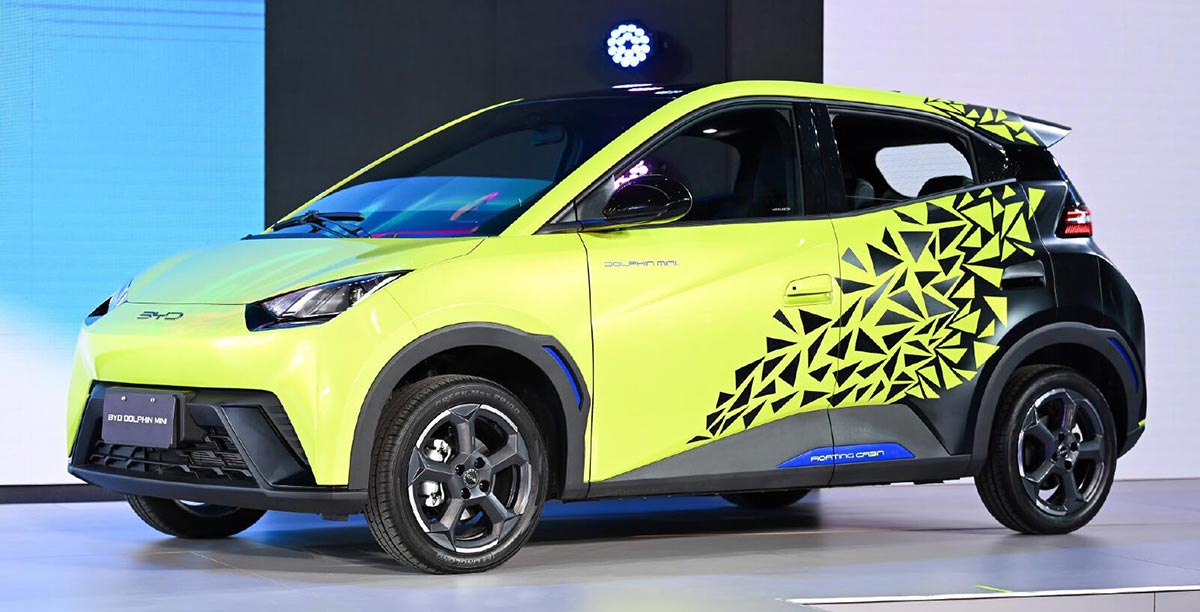
BYD has become the world’s largest new energy vehicle (NEV) maker, experiencing rapid sales growth over the past two years. The company sold 331,817 NEVs in May, nearing its all-time high of 341,043 units in December last year, according to wholesale sales figures released on June 1.
BYD’s retail sales of passenger NEVs in China reached 268,226 vehicles in May, maintaining the top position with a 33.4 percent market share, according to the China Passenger Car Association (CPCA).

